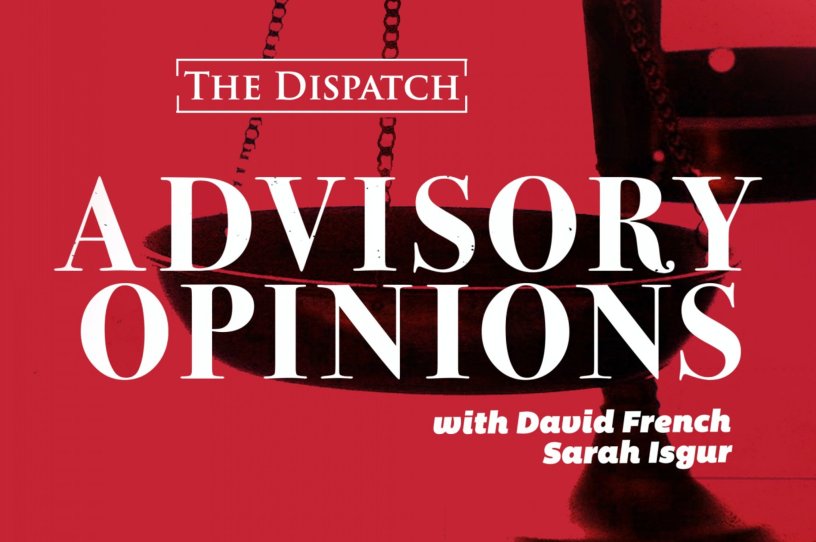Listener Mailbag Part II

Today, our hosts are taking a break from the news cycle to share some fun facts about the Supreme Court and answer a series of questions from their listener mailbox: Are Democratic-appointed Supreme Court justices more ideologically reliable than their Republican-appointed counterparts? What are some cases where you are inclined to agree with the legal reasoning but were bothered by the policy outcome? And perhaps most important, how should one go about hiring an attorney? Sarah and David have the scoop.
Show Notes:
-“Cleaning Up Quotations” by Jack Metzler in the Journal of Appellate Practice and Process.
-“ ‘(Cleaned Up)’ Parenthetical Arrives in the Supreme Court” by Eugene Volokh in Reason.
-“Larry Flynt’s Life in Contempt” by Ross Anderson in Los Angeles Magazine.
–“Empirical SCOTUS: Interesting meetings of the minds of Supreme Court justices” by Adam Feldman in SCOTUSBlog.
–Federal Tort Claims Act and Immigration and Nationality Act.
-Cases they mentioned: Keeton v. Hustler Magazine, Inc., Knick v. Township of Scott, Bostock v. Clayton County, Masterpiece Cakeshop v. Colorado Civil Rights Commission, Our Lady of Guadalupe School v. Morrissey-Berru, Morse v. Frederick, Rucho v. Common Cause and Kelo v. City of New London.